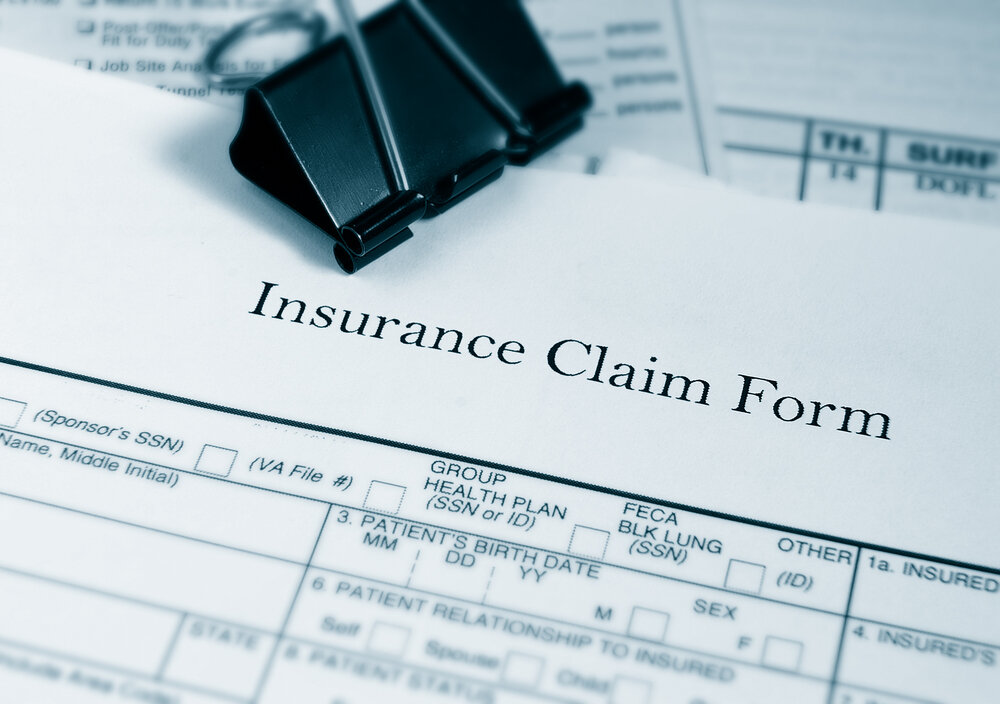
Can You Cancel An Insurance Claim? Brini’s Advice
Can You Cancel An Insurance Claim
Can You Cancel An Insurance Claim: Hey there, friends! Have you ever been doing something then thought halfway through — this probably wasn’t the smartest thing to do? Yep, that was me today, a lost tourist city wanderer. Ten wrong turns later and I suddenly began questioning not only my sense of direction but my whole life plan at once! My mind was racing between all of these words, like I was zigzagging through the streets — not unlike the zigzagging I do to cancel an insurance claim. Which sounds to you like an easy phone call away, but just a simple, “Nah, I’m good”. But, as with almost everything in life, it is not that simple. Cancelling a claim can be like trying to get out of a maze where every corner comes with a few more questions and the exit is not always entirely obvious.
Brini’s Advice

You may be asking: Wait, can you cancel an insurance claim at all? The short answer is yes. But, like walking a maze, there is a way to do so. Perhaps you had a change of heart, handled things on your own, or simply figured that it isn’t worth the trouble, learning when and how to cancel can save you time, money, and headaches. Just make sure you do so in the most rational manner possible and have all the facts laid out in front of you.
In this article we will cover it all: why you might want to cancel a claim, how it works and what to be aware of. When you finish, you will not only know what to do if you decide to cancel a claim, but you will also know how to approach this often unfriendly process. Now, take out your mental map and let us navigate through the maze of insurance claims together!
Reasons To Cancel An Insurance Claim
If, after initiating the claim and receiving the requisite response from your insurance provider, you determine that canceling makes more sense, do so. For example, if the cost to repair it is lower than your deductible, you are still out-of-pocket. In such a situation, if you file a claim, it will only add to your paperwork or affect your claim history.
Or another option is to try to solve the problem in private. This often occurs in small accidents where the parties agree to resolve damages without insurance. Although this could be time saving, always be certain that it is legally enforceable and in writing.
Lastly, mistakes happen. Maybe you submitted a claim too early or mistook the procedure. Recognising the need to cancel early on can save you from an unwanted headache.
But no matter why you do so, the important thing is to evaluate it well, procrastinate, and always make sure your decision is in line with your overall insurance objectives. Cancelling a claim is as critical to success as filing a claim.
Steps To Canceling An Insurance Claim
Call Your Insurance Company
- As soon as you cancel, pick up the phone and call your insurer.
- Tell them that you are going to do it, with your claim number and why.
Request Written Confirmation
- Always get a written statement that the claim is closed.
- Retain this documentation for your records against any future queries.
Understand Pending Obligations:
- Verify any obligations that may remain if repairs or settlements have already begun.
- Projected fees for work that has begun are still chargeable to you.
Act Promptly
- The sooner you undertake it, the more straightforward the method will certainly be.
- Delay and confusion can be avoided through proactive communication.
Stay Clear And Organized
- So the first tip would be to keep it clear with your insurer.
- Preserve all associated records in case you want to reference them later.
Impacts Of Canceling A Claim
The consequences of canceling a claim are immediate for some consumers and not so immediate for others, based on their circumstances, and the time of cancellation. The good news? Cases that have not been paid out do not usually leave a record and will not affect your premiums if you cancel an insurance policy. This can protect you from having your premium increased in the future.

But as they say, timing is everything. If your insurer has already started working on your claim, it may be more difficult to undo. Parts of that process may still affect your policy, even if you back out at this point.
It also pays to think about a repeat cancellation. Excessive filing and canceling of claims could be considered a red flag for your insurer when it comes to reliability as a policyholder. Make it a point to consider every aspect first before continuing with whatever you intend to do.
Knowing how this affects you is an informed decision protecting you indirectly through your insurance history.
When Canceling Might Not Be A Possibility?
In most cases, it is possible to cancel an insurance claim — but not always. If, say, a claim concerns legal matters or a third party, it is probably out of your control, for instance. When there are others involved, their rights and interests also come into play, and insurers may have no choice but to go forward.
Likewise, there may be legal or contractual obligations to keep a claim afloat regarding a major accident, injury, or significant property damage. Even if you do not want to claim against the insurer any longer, insurers often have to comply with their obligations.
If that doesn’t work, speak to your insurer for your available options. Even if it does not help you cancel it, they may help you to do something else so that it does not screw up your record, or your premiums.
Being aware of these exceptions will ensure that you are ready for the scenarios in which canceling is not an option, allowing you to navigate the process with greater ease.

Conclusion
So what did we learn today? Canceling an insurance claim is not as scary as it seems, but that should not be a spontaneous decision either. It’s like stopping a Netflix series midway—you better be sure that you will be okay without knowing how it ends and that you will not regret it later.
If you are thinking of canceling, timing is important. Have a thorough understanding of your motivation, and consequences, and communicate as soon as possible with your insurer. Getting a claim canceled can protect you from a rise in the premium or avoid unnecessary drama, but only if canceled correctly.
Also remember: not every escape from the labyrinth is its own direct path out. For other situations—those with third parties in the mix or legal entanglements—you may need to hang on for dear life. The important thing is to be aware, inquire and remember you have choices.
Therefore, the next time you are down the rabbit hole of an insurance claim, take a deep breath. So know your way through the right path and also remember that even the most devilish maze will have an end at some point, just stay on your toes. You’ve got this!
FAQ
If you cancel early, it typically does not affect your premium. Policies differ but check with your insurer.
If the work has begun, you’re likely on the hook for costs. Before starting or canceling a repair, always confirm action!
Only sometimes, depending on the rules of the insurer and how long it has been since the cancellation. Act quickly if needed.
Most do, but some limitations may apply depending on the type of policy or claim. Check your policy terms.

